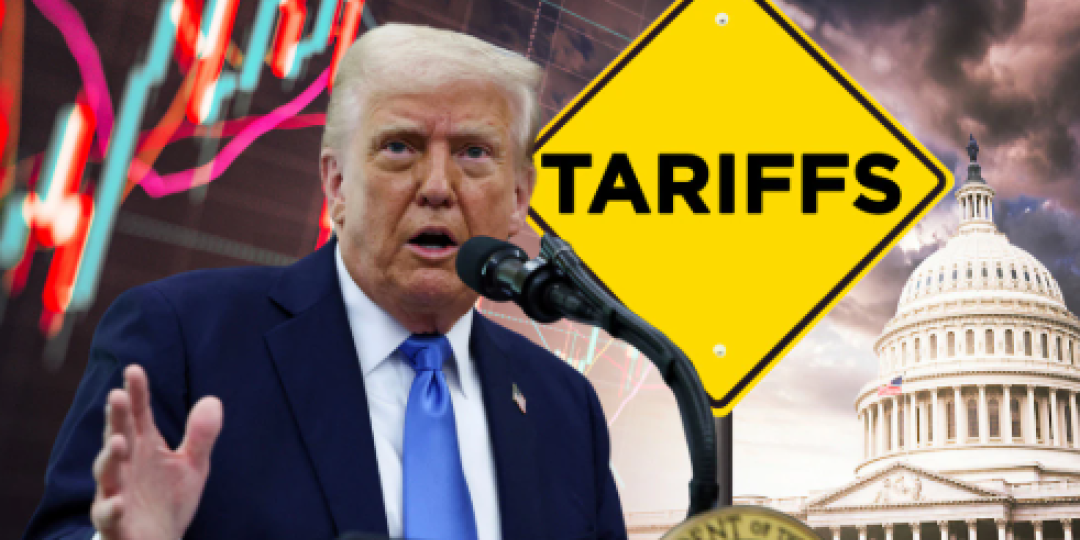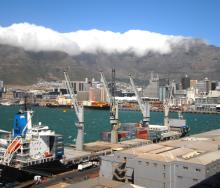Trade industry leaders in South Africa are worried about the possibility of losing preferential trade access to the United States under the African Growth and Opportunity Act (Agoa).
This concern stems from US President Donald Trump’s proposed "Liberation Day" tariffs, which could have a considerable impact on critical sectors of South Africa’s economy.
Two industries that could be particularly affected are citrus and automotive exports, both of which have benefited significantly from Agoa’s duty-free provisions.
If the tariffs are implemented, which were expected by 2 April at the time of preparing this post, the economic consequences could be severe.
Justin Chadwick, who until recently headed up the Citrus Growers’ Association of Southern Africa, said that duty-free access to the US market enables South African producers to remain competitive against citrus-exporting competitors like Chile and Peru.
The loss of this advantage could result in substantial job losses in rural communities and a decline in export revenues exceeding one billion rand.
The DA’s Noko Masipa pointed out that 99% of South Africa’s citrus exports to the US currently enjoy duty-free access through Agoa.
This arrangement sustains thousands of jobs across the supply chain, spanning from farming to logistics.
As for South Africa’s automotive sector, the Automotive Business Council (BCA) said there could be serious consequences if Agoa benefits were to be withdrawn.
BCA President Billy Tom told BDLive that South African exports to the US increased by 498% between 2001 and 2023 under Agoa, with automotive exports alone amounting to R24.1 billion in 2023.
The US is currently South Africa’s third-largest market for vehicle exports.
DA leader John Steenhuisen said if Agoa’s preferential benefits are scrapped, 112 000 jobs in the automotive industry will be compromised.
Additionally, R435 billion worth of trade is at risk without Agoa’s provisions, he said.
The BCA estimates that Agoa has contributed to the creation of approximately 85 000 direct jobs and 426 000 indirect jobs in South Africa, amounting to over half a million employment opportunities.
Despite these concerns, the Trump administration has raised objections regarding South Africa’s trade policies, particularly the Expropriation Act and Broad-Based Black Economic Empowerment (B-BBEE) regulations.
These policies have been criticised for allegedly discouraging investment and disadvantaging American businesses.
The Public Procurement Act, which prioritises small local enterprises and historically disadvantaged groups for government contracts, was also cited as a contentious issue.
According to 2024 trade data, quoted in BDLive, total goods transacted between South Africa and the US were valued at $20.5 billion.
However, American exports to South Africa declined by 18.3% to $5.8 billion, while imports from South Africa rose by 4.9% to $14.7 billion, increasing the US trade deficit with South Africa by 29% year-on-year.
The Expropriation Act has been particularly contentious, as it allows for land expropriation without compensation under specific circumstances. However, an analysis by Standard Bank has concluded that the Act does not infringe upon private property rights or enable large-scale land seizures.
With trade tensions escalating, pressure is mounting on South Africa to engage in diplomatic efforts to address US concerns.
The potential loss of Agoa benefits presents a significant threat to key industries and could lead to broader economic instability if a resolution is not reached, BDLive, Biz Community, Business Tech and various other sources reported.
* This post has since been updated: https://www.freightnews.co.za/article/south-africa-faces-30-tariff-hike-trumps-trade-overhaul-shakes-global-economy













